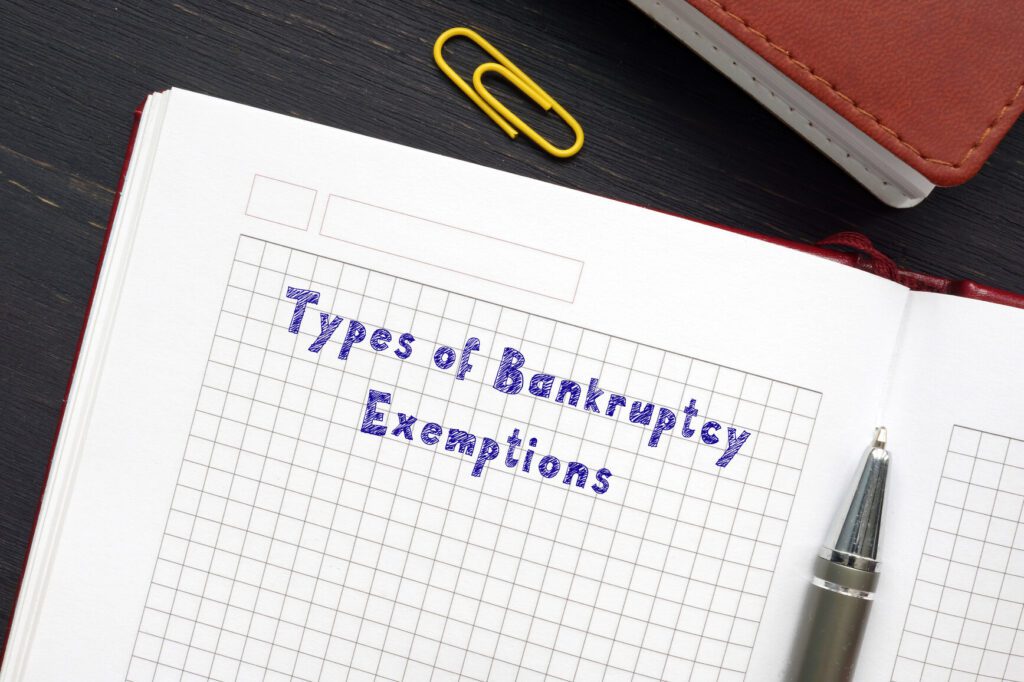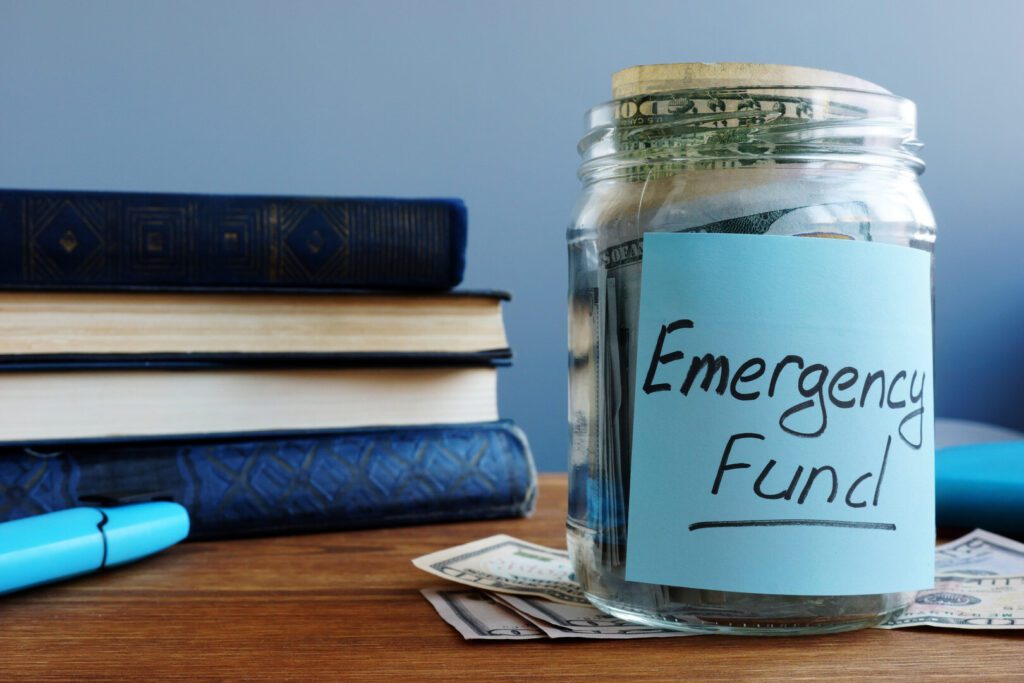Bankruptcy is a great method of debt relief for many Canadians. It is the process of assigning any non-exempt assets over to a Licensed Insolvency Trustee in exchange for the clearance of any unsecured debts. For many, it is the primary way of clearing your debts for good, and beginning a fresh financial future. When looking into filing bankruptcy, you may be wondering ‘do you have to pay to go bankrupt?’ In this article, we explore the costs involved in bankruptcy, and share the processes involved with filing bankruptcy. We will also cover some bankruptcy alternatives in case bankruptcy is not the right option for you. Learn more about how much bankruptcy costs in Canada.
Do you have to pay to go bankrupt?
Given that bankruptcy is the clearance of your debts, meaning that you no longer need to pay them, you may be surprised to learn that you do indeed need to pay to go bankrupt in Canada. This is because of the administration process legally required in order to bring about bankruptcy. It is important to note, however, that this cost differs depending on the individual filing bankruptcy. The fee is dependent on factors including monthly income, expenses, the size of your family, and any assets you may have. In this article, we will explain each of these factors so that you may be able to determine how much bankruptcy could cost you. The three primary factors that determine the cost of bankruptcy include the following in Canada:
Monthly contributions to cover the cost of administration
To file bankruptcy in Canada, the minimum cost is $1,800 for a first time bankruptcy. You can pay this in nine monthly instalments of just $200. This minimum monthly contribution must be made in order to cover the cost of administrative fees including government fees, the time taken by a Licensed Insolvency Trustee, mailing costs, and so on.
Surplus income payments
The concept of surplus income is simply is ‘the more you earn, the more you pay’ when it comes to filing bankruptcy to assist your creditors. The Canadian government has set monthly income thresholds for individuals for a comfortable standing of living. Above this threshold, you must pay a surplus income payment of 50% if you are filing bankruptcy. For instance, if you earn $500 over the net monthly income threshold, you will need to make a surplus income payment of $250. When filing bankruptcy, you have to send your Licensed Insolvency Trustee a copy of your payslip so that they can calculate your net income and see how much surplus income you may need to pay for that month. In addition, surplus income will determine how long you will be bankrupt. While a first time bankruptcy typically lasts for a minimum of nine months, if you find yourself paying anything over $100 per month in surplus income, your bankruptcy will likely be extended for an additional year. If you are paying child support or medical expenses, your income will be reduced as a result, lowering your surplus income overall.
Assets you keep or lose
In order to file bankruptcy, you will need to surrender any non-exempt assets to your Licensed Insolvency Trustee in order to go towards your debt repayment. Contrary to popular belief, you do not lose everything in a bankruptcy. There are some government led bankruptcy exemptions, which enable you to keep some essential items. Bankruptcy clears unsecured debts, while mortgages and car loans are secured debts. This means that despite filing bankruptcy, if you are able to maintain your payments, you can keep your home and car. Learn more about bankruptcy and your assets. If you have either a high income or lots of assets, you may want to look at filing a consumer proposal instead in order to keep your assets. The terms of making these payments will depend on your Licensed Insolvency Trustee. At Spergel, unlike many other bankruptcy firms, we offer flexible payments to make bankruptcy as simple for you as possible. We can discuss monthly, weekly, or biweekly payments that work at your convenience.
What are Licensed Insolvency Trustee fees?
Bankruptcies require a level of administration and must be filed by a Licensed Insolvency Trustee. All Licensed Insolvency Trustees undergo extensive training before qualification, and most have at least one professional designation, like a Certified Public Accountant or Chartered Accountant certification. Given their expertise and ability to help Canadians make informed decisions about gaining debt relief, a fee is factored in as part of filing a form of debt relief. They undergo training to help inform you of your debt relief options, negotiate on debts, comply with government laws in the Bankruptcy and Insolvency Act, stop collection calls, and help you to budget, which comes with a fee. All Licensed Insolvency Trustee fees are regulated by the Canadian government, and are included as part of your bankruptcy – or consumer proposal – payments. You are not required to pay an additional fee to your Licensed Insolvency Trustee, as they come out of your monthly contributions. The fees are based on a government tariff, and are based on a percentage of realizations in a bankrupt’s estate. These fees are paid before payments are made to creditors, so creditors essentially pay for the Trustee. Choosing a Licensed Insolvency Trustee is a crucial step in your overall debt recovery. At Spergel, unlike other bankruptcy firms, you are assigned your own Trustee to support you throughout your journey to debt relief, instead of being passed from person to person.
What are the best alternatives to bankruptcy?
For many Canadians, bankruptcy is an essential method of gaining debt relief and the peace of mind you deserve. It is important to know, however, that there are various alternatives to bankruptcy that should be explored before filing bankruptcy. A consumer proposal, for instance, comes at a reduced cost. Bankruptcy alternatives include a debt consolidation loan. If you are struggling with multiple different debts, a debt consolidation loan combines these debts and has the advantage of simplifying your monthly payments while often reducing or even clearing your interest rate. A consumer proposal is one of the most popular forms of debt relief in Canada. It is the process of putting forward an affordable monthly payment to your debtors, which often leads to a reduction in debt of up to 80%. Unlike bankruptcy, consumer proposals have the advantage of allowing you to keep your assets while reducing your debt. For those with a high income or with many assets, this is a much more affordable way of reducing your debt. Consumer proposals have a number of other advantages, including protection from creditors. During your free consultation with Spergel, we will walk you through the best options for your financial circumstances.
If you have further questions on ‘do you have to pay to go bankrupt?’, book a free consultation with Spergel. The costs of bankruptcy can be confusing and vary by individual, which is where we can support. At Spergel, we have been helping Canadians become debt free for over thirty years, and we are here to help you too. We will review your financial circumstances and recommend the best pathway to debt relief for you.



















